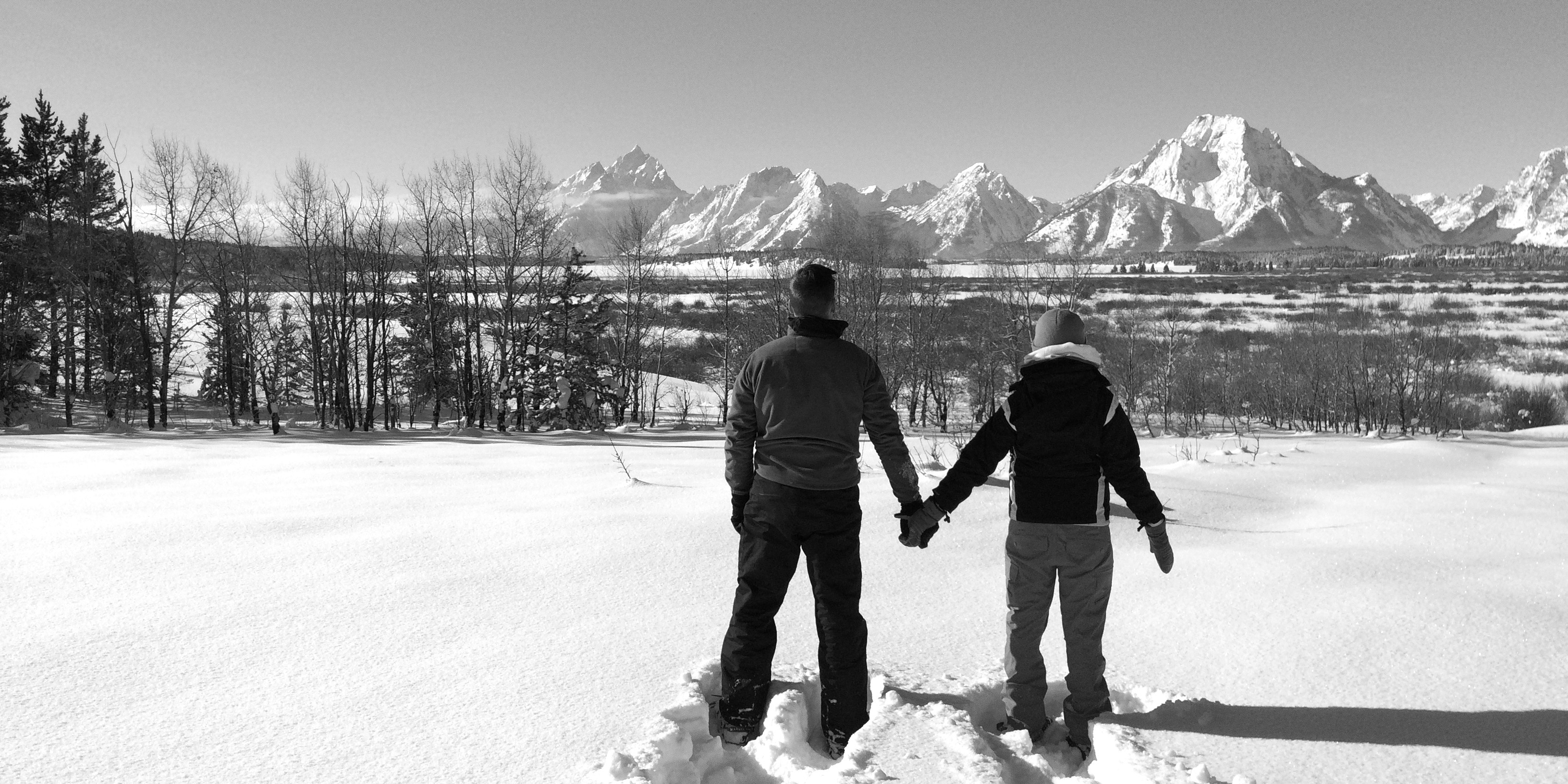As a Seattle estate planning attorney, I come across a number of people and clients who own rental property. Some of them might be investors, but some of them are just regular folks – for instance, friends and family of ours, who are homeowners, have then gotten married and opted to rent out their home and move into a different place with their loved one. Or, another common scenario is parents who buy a home or condo for their kids to live in while in college (to help save rent and instead create an investment). After their children graduate, they start renting the property out.
Many of these people own the rental property in their own names, but I always advise and educate these people about some big risks or potential issues that they face. And by the way, no judgment here…After the market crashed, I became a landlord with zero liability protection. I couldn’t sell my house in that market, especially before moving to a new city, and figured renting it out would be my best option. So, while there are some savvy investors that know what help they need (even if they haven’t moved their investments into a company yet), there are a large group of people who just don’t know what they don’t know.
So, why is it bad to own a rental property in your own name?
Rental property is considered a “hot” asset. That means it attracts a lot of lawsuits: slip-and-falls, tenant disputes, environmental hazards (mold exposure, lead paint, lead in drinking water, LEAD EVERYWHERE!) as some examples. Many of these lawsuits would not be covered by your insurance or may exceed your insurance policy limits.
These types of lawsuits can make you and your other assets vulnerable when you own a rental property in your own name. What types of other assets? Your personal home, for instance, or other rental properties you may own. And, the risk of losing your home or other assets may not matter to you! But for people who are concerned, and are interested in liability protection, there are a number of actions you can take.
This is the first post, in a series, focused on changing personal ownership of an investment property, to ownership within a business entity (most likely an LLC).
As a summary, when your rental property(ies) are in your personal name, then you are opening yourself up to all kinds of liabilities. So, defining the different liabilities doesn’t matter too much. If you choose to change ownership of that personal property from your personal name to a business entity, however, then there are two main sources of liability that should be clarified for you.
Before getting into the details on how and why to put a property in an LLC, it’s important to distinguish between “inside liability” and “outside liability.” People also refer to this as “inside creditors” and “outside creditors.”
Inside liability refers to claims that emerge from within an asset or business entity. For example, if you have a rental property held in an LLC and somebody is hurt on the property, that liability occurs inside of the LLC. Or in other words, the creditor claim is limited to what is inside of the LLC. The creditor could not go after the business owner’s personal assets.
Outside liability is the opposite. If you own an LLC, outside liability emerges from events that occur outside of the LLC. An example is if you cause a car accident (it happens). The victim of the accident then has a claim against you and your personal assets.
Next, Let’s walk through an example of if you owned three rental properties.
If you own the three rental properties in your own name and if somebody is hurt at one property, sues you and wins, then that person can go after all three rental properties as well as all of your personal assets in order to enforce the judgement (i.e. get paid).
If the three rental properties are held within one business entity, then if somebody were hurt at one property, all three properties would be at risk in the lawsuit, BUT your personal assets would be off-limits (as long as you set things up properly). –> Inside Liability
An advanced move is to have each investment property in its own LLC (so three LLCs in this case), then if somebody were hurt at one property, only the one property would be at risk in a lawsuit, and the personal assets would also be off-limits.–> Inside Liability
If you were in a personal car accident, as described earlier, in either scenario where you have properly created a business entity to hold your real estate, then your rental properties would be safe from any outside creditors. Where you have not created a business entity for your investment property, as described, if you are in a personal accident, then everything is potentially at risk. –> Outside Liability
There are clear benefits to owning your rental properties within a properly structured LLC. If your mortgage lender does not allow you to transfer real estate into an LLC, here is another option to protect your property without triggering a “due-on-sale” clause.
Colin Ley is a Seattle asset protection attorney and the creator of the PREP Trust® and Better LLC™. He is also the co-founder of LayRoots (along with with partner in life & business – Shreya Ley)
Being successful in America makes you a target for bogus lawsuits from shameless lawyers. We created an effective, asset protection solution, so you don’t have to worry anymore, happily knowing your family’s future is protected. Get started now by scheduling a free, 30-minute call at livemorecarefree.com.
